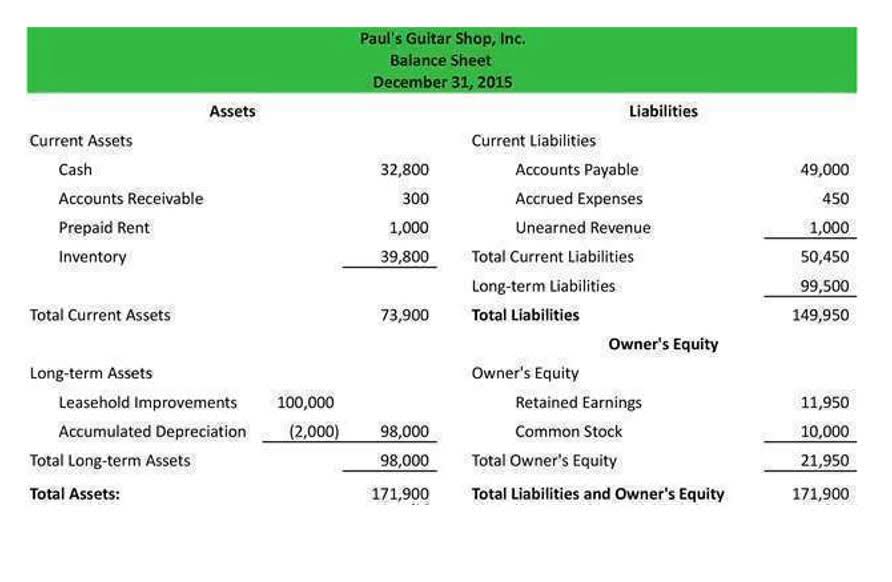
Keep in mind that even unintentional client fund misappropriation is still misappropriation. That means the OLTA bank balance not only matches the checkbook trust balance but must also match the total of all client ledger balances. While three-way reconciliations for IOLTA may only be required quarterly, it is prudent to perform these reconciliations monthly. With an accounting software program like LeanLaw, your law firm can spend less time focusing time and talent on the operational side of your business and spend more time cultivating relationships and generating income for the firm. Discover how the LeanLaw’s accounting tools automate the trust accounting process in a few simple clicks and get started with your law office. Having the appropriate accounting software is going to make this process much more transparent for your banking institution and your law firm.
With larger or long-term clients, often a separate bank account is set up in which to deposit their funds. Not to mention, there are also strict rules and regulations that must be followed in certain areas of any practice in order to stay in compliance with local and federal laws, as well as your state’s bar association. In a situation such as this one, it is most prudent to place that client’s funds into a bank account with other such retainers that are only meant to be held for a short period of time. It’s common for law firms to receive and handle clients’ money on a relatively regular basis, usually for billable hours and services that haven’t yet been performed. For any law firm that is going to be receiving client funds, it’s important to familiarize yourself with the various ways these funds need to be accounted for, what are IOLTA accounts and what sort of options you have for handling them.
What is IOLTA an Acronym for?
Each state has its own rules and regulations for IOLTA accounts and most of the interest generated is used for civil legal services for those who can’t afford legal representation in that state. IOLTAs play a significant role in supporting access to justice for those who may not otherwise have the financial means. By directing the funds collected to civil legal aid initiatives, IOLTAs contribute to alleviating barriers that may prevent low-income individuals from accessing the legal system. IOLTA accounts must comply with federal banking laws in the United States, including regulations set forth by the Federal Deposit Insurance Corporation (FDIC) and the National Credit Union Administration (NCUA). These laws are essential for the safety and integrity of client funds held in IOLTA accounts and apply across all jurisdictions, including the District of Columbia and the U.S.
- Making sure that your firm is never borrowing money from your IOLTA account is crucial.
- The interest is then pooled and forwarded by the fiduciary to the state’s IOLTA board for distribution to legal aid programs and related charities.
- To create an IOLTA, a lawyer or law firm must open a trust account at a financial institution that offers IOLTA accounts.
- This is often the case when an attorney is working with a client on one specific case, but does not necessarily have an ongoing, long-term relationship that may necessitate larger sums of money to be held in its own trust account.
- Clio’s legal trust accounting management software makes IOLTA easy for lawyers.
- After all, as the attorney, you’re the one on the hook for misusing funds from an IOLTA, even if it’s made by a bookkeeper or paralegal.
IOLTAs are also known as client trust accounts or attorney-client trust accounts. IOLTAs were first established in Australia and Canada in the late 1960s and early 1970s, and later in the United States after changes to federal banking laws in 1980 allowed certain types of checking accounts to bear interest. Today, IOLTAs play a crucial role in generating funds for legal services for those in need. The good news is this can be alleviated by using sophisticated legal practice management software. Clio’s legal trust accounting management software makes IOLTA easy for lawyers.
What Happens with the Interest Generated from an IOLTA Bank Account?
IOLTA programs exist in countries like the United States, Canada, and Australia, and their establishment and operation are governed by legislative and regulatory frameworks. The interest earned on IOLTAs is not distributed to the individual clients. Instead, it is remitted to state bar associations or other designated organizations. These organizations typically use the interest revenue to support legal aid programs and other public service initiatives aimed at providing civil legal services to low-income and vulnerable individuals. Law firms are required to hold their clients’ money in separate IOLTA accounts to avoid commingling of funds with the law firm’s operating accounts. The interest-bearing IOLTA accounts also prevent lawyers from earning interest on client funds while ensuring the client funds remain secure.
IOLTA, which stands for Interest on Lawyers’ Trust Accounts, is a unique and innovative way to increase access to justice for individuals and families living in poverty. These accounts are used by lawyers to responsibly hold client funds, such as retainers, settlement proceeds, and court-awarded damages. The_interest generated from these accounts is then iolta stands for used to fund various civil legal services and support charitable organizations. Rule 1.15B rIllinois lawyers are required to deposit funds of clients and third persons into IOLTA accounts unless those funds can otherwise earn net income for the client or third person. Formerly these types of funds were referred to as “short term” and “nominal” funds.
How Is IOTA Different From Bitcoin?
Read on to learn about their inner workings, why society and the legal industry at large benefit from IOLTA accounts, and many other trust accounting tidbits. On March 1, the Illinois Supreme Court announced changes to Rules of Professional Conduct 1.5 and 1.15 that will take effect July 1, 2023. These are the most comprehensive revisions to RPC 1.15 since the current rule took effect in https://www.bookstime.com/ 2011 and include significant changes to the organization of the rule’s provisions, including the adoption of new Rules 1.15A, 1.15B, and 1.15C. Nonetheless, the basic requirements regarding safekeeping of property, lawyers’ use of IOLTA accounts, payment of comparable interest rates on IOLTA accounts, and management of unidentified funds in IOLTA accounts are fundamentally unchanged.
It is very important that – when setting up an IOLTA account – you remember that since these are interest bearing trust accounts that hold client funds, they will always need to be separate from any operating account held by the law firm. Let’s face it – your firm’s operating account does not increase when you aren’t creating billable hours. And dealing with bank accounts, government regulations, legal accounting software, operating accounts, and your law firm’s money is probably not necessarily the best use of your time. If you are a law firm that is practicing in any of the 50 states and are holding short term client funds, you will need to set up an IOLTA account with a partnering bank or financial institution.
What is an IOLTA Account & 5 Mistakes to Avoid
The ledger uses a cryptocurrency called MIOTA to account for transactions in its network. IOTA’s key innovation is Tangle, a system of nodes used for confirming transactions. IOTA claims that Tangle is faster and more efficient than typical blockchains used in cryptocurrencies.


